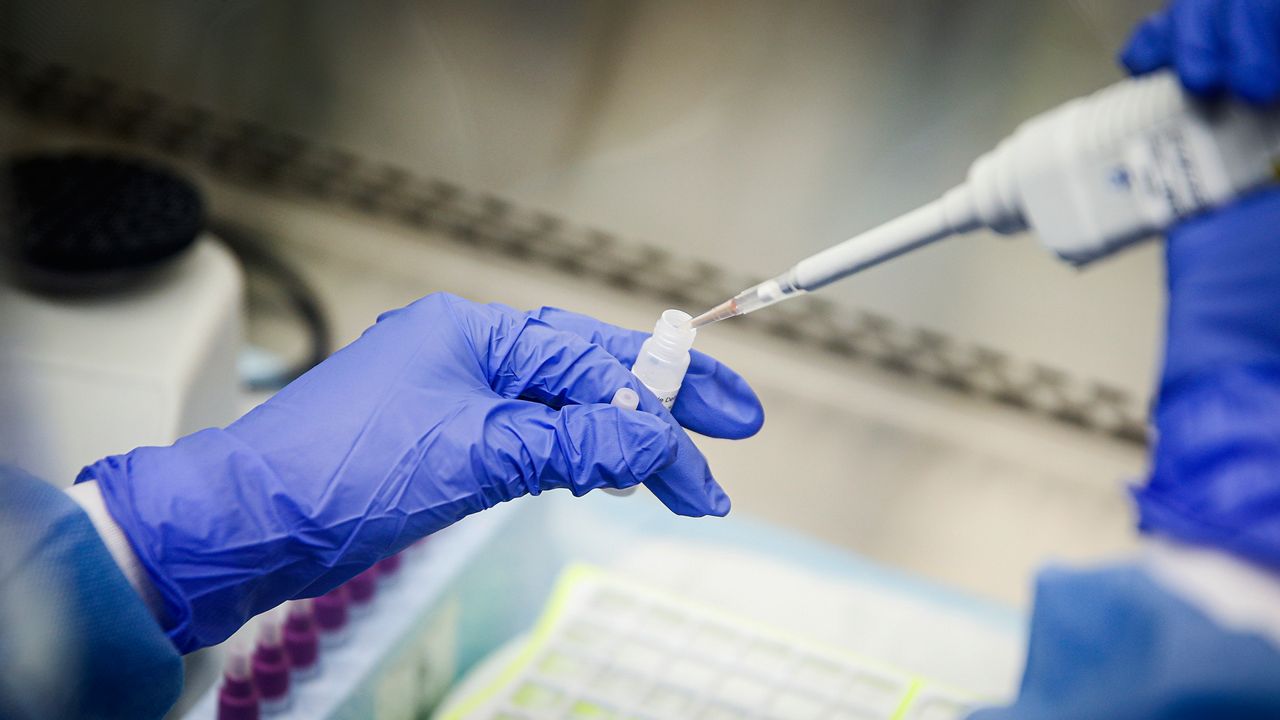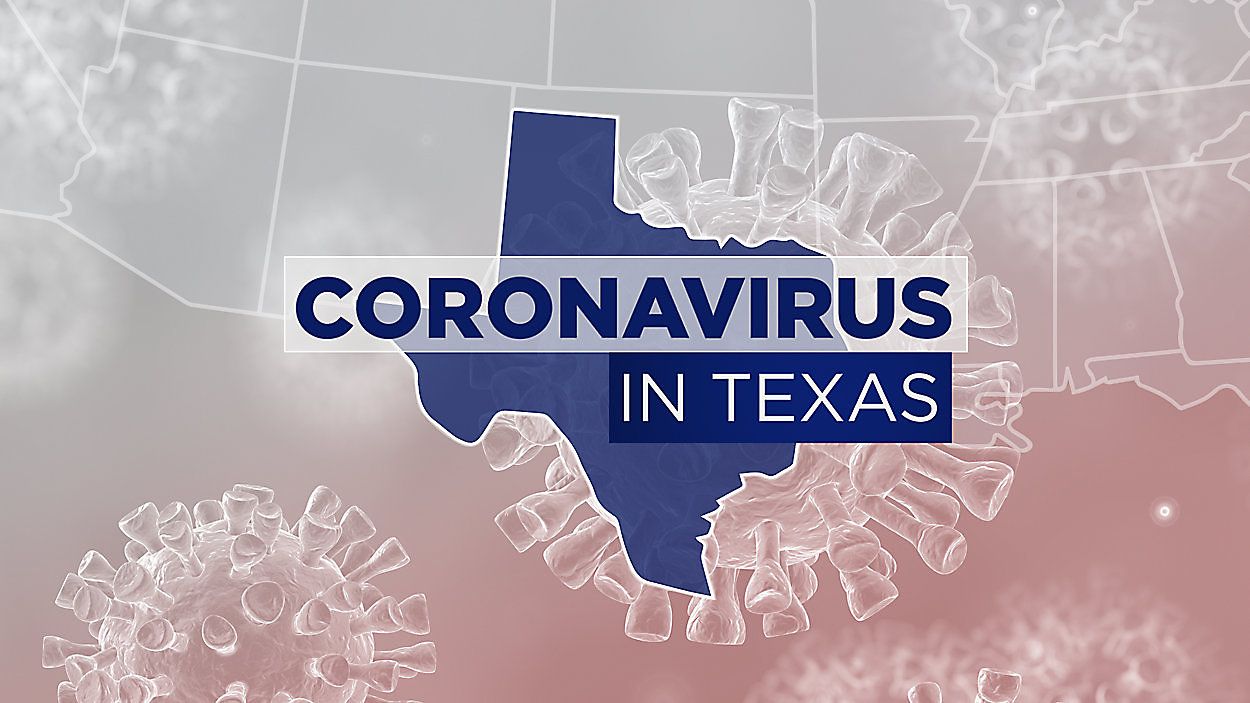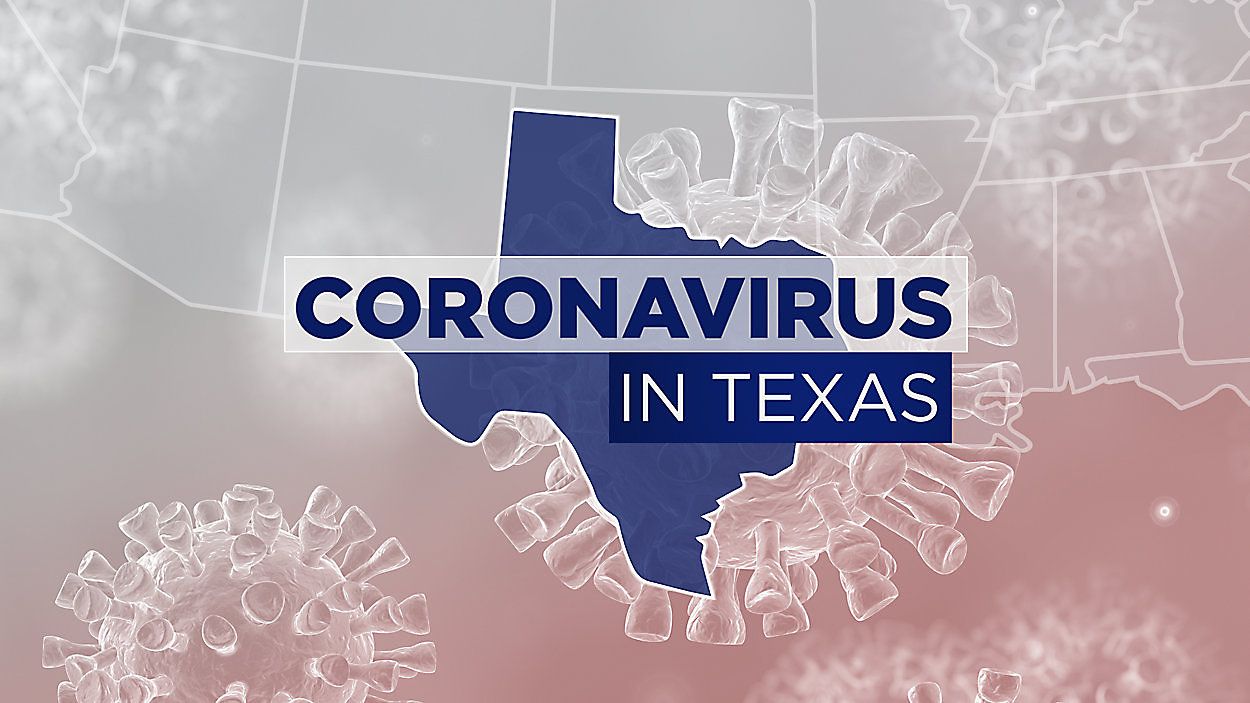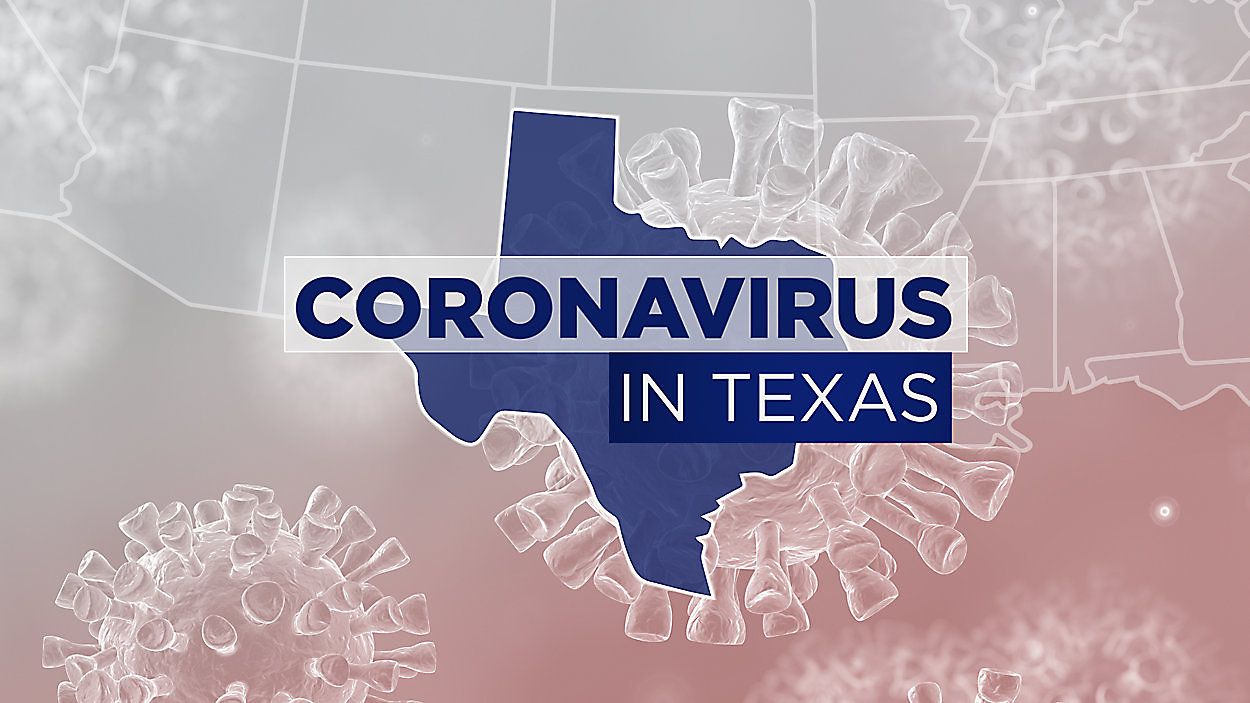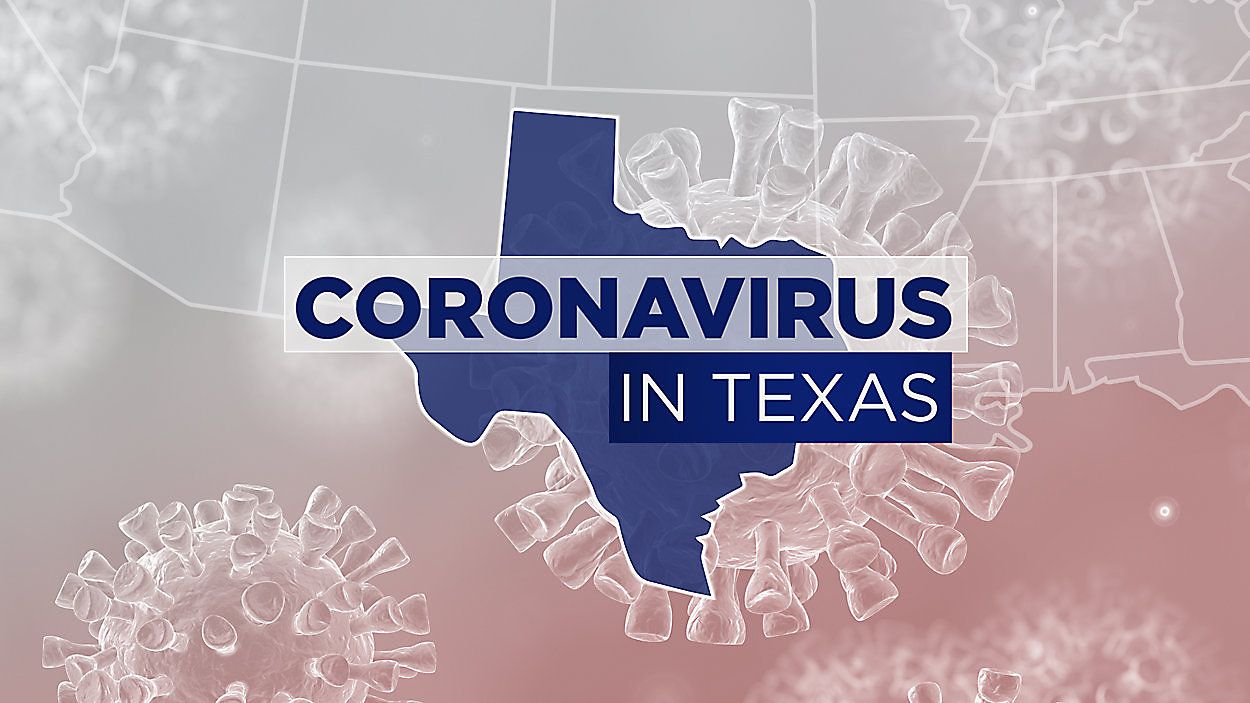DALLAS — Ayass BioScience, LCC, a North Texas lab, is reporting it has detected two cases of the omicron COVID-19 variant in the Dallas-Fort Worth area.
That brings the total number of verified cases of the variant in Texas to three.
“Ayass BioScience, LLC has detected the first two cases of the OMICRON variant in the DFW Metroplex using Next Generation Sequencing (NGS). This is a part of our continued efforts to provide the best laboratory services in the area and help our communities,” the lab’s website says.
The lab’s Dr. Mohamed Ayass told Spectrum News 1 that the facility identified the variants over the last two days and that one involves a 40-year-old patient and the other a 35-year-old patient, neither of whom have traveled recently.
The discovery was later confirmed by the Texas Department of State Health Services. When Spectrum News 1 reached out to the state health agency, it said, "The two Omicron variant cases identified by the lab in Frisco have been confirmed. One case is in Collin County and the other is in Tarrant County."
RELATED: First known COVID omicron variant case identified in Texas
Confirmed earlier this week was a case of the omnicron variant in Harris County, Texas. The case was reported Dec. 6 and according to Harris County Judge Lina Hidalgo involves a woman in her 40s.
Early research indicates the omicron variant may be more contagious than the delta variant but that symptoms are not as severe.
In an interview with The Associated Press, Dr. Rochelle Walensky, director of the Centers for Disease Control and Prevention, said the data is very limited and the agency is working on a more detailed analysis of what the new mutant form of the coronavirus might hold for the U.S.
“What we generally know is the more mutations a variant has, the higher level you need your immunity to be. ... We want to make sure we bolster everybody’s immunity. And that’s really what motivated the decision to expand our guidance,” Walensky said, referencing the recent approval of boosters for all adults.
She said “the disease is mild” in almost all of the cases seen so far, with reported symptoms mainly cough, congestion and fatigue. One person was hospitalized, but no deaths have been reported, CDC officials said.
The Associated Press contributed to this report.



